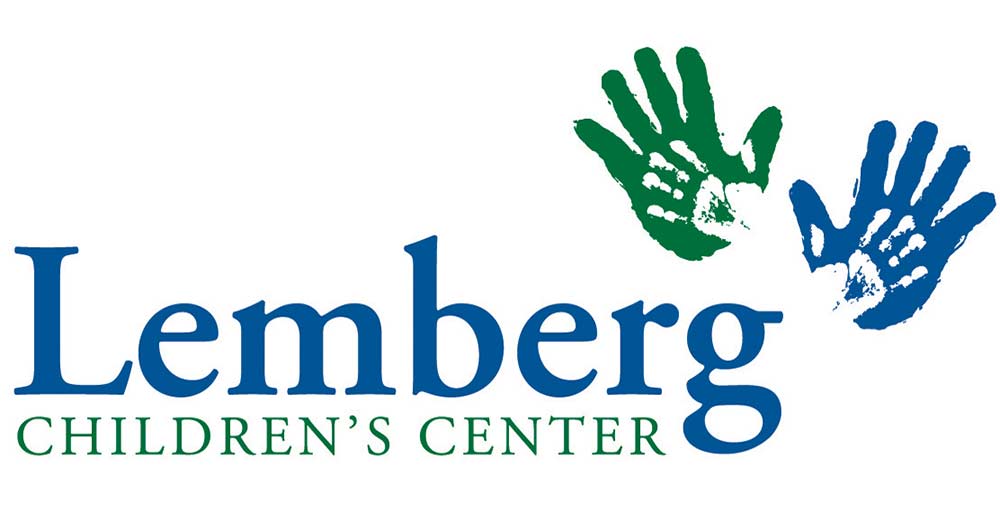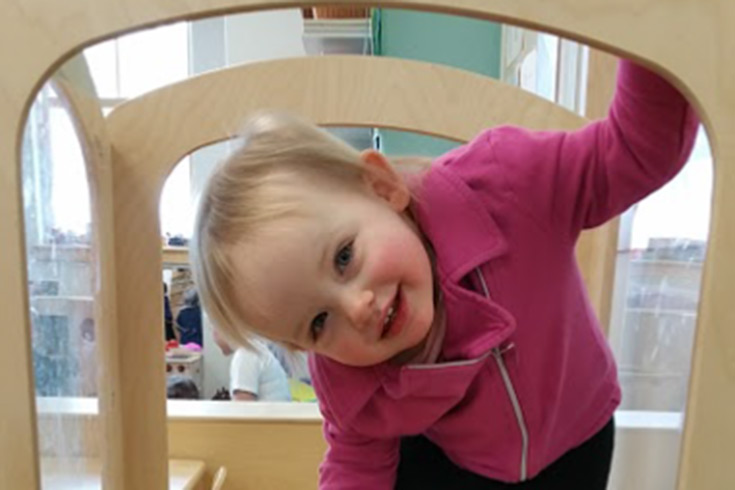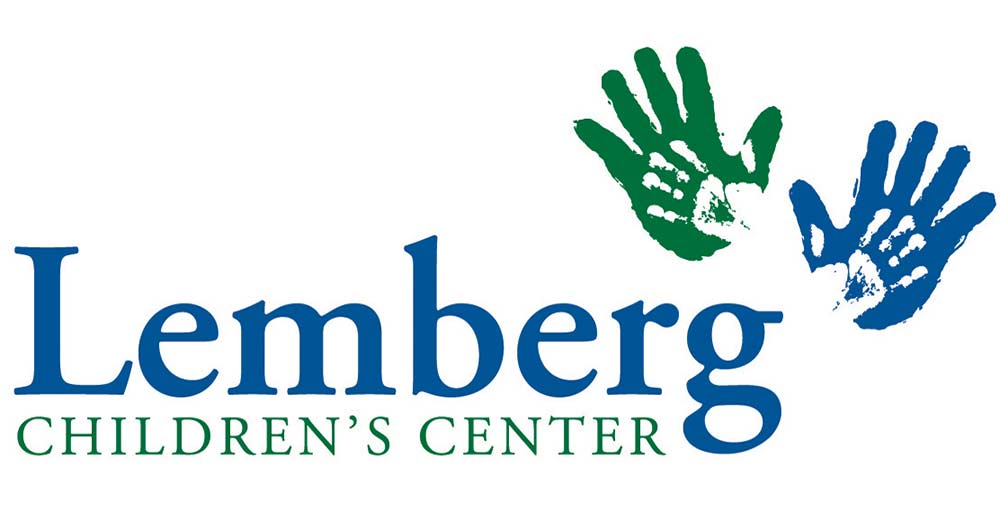Programs for Children
Thank you for your interest in our programs!
We welcome all children. All children! Those needing accommodations, as well as children from diverse linguistic, cultural and economic backgrounds.
We do not discriminate in enrollment on the basis of family origin, sex, gender, race, religion, national origin, physical, emotional, or intellectual needs and toilet-learning achievements.
Our programs are broad and flexible enough to accommodate a range of infants, toddlers, and preschoolers. We encourage all aspects of each child's development - social, emotional, linguistic, mathematical, reasoning, creative and physical - and support complex social interactions, community building, creativity, and play.
We believe in providing opportunities for each child to spend time with age mates and with those younger and older. Mixed-Age groups or family groupings are educational features to the Lemberg Program. Here younger children learn how to do many things from the older ones, while the older children gain confidence in their abilities and learn to give to others. Mutual respect develops and often friendships bloom.
These curriculums have been developed by our highly trained staff, and are followed throughout the school year.
Social Development and Learning
Children have different cultural, ethnic and religious backgrounds. Their families celebrate different holidays, or even the same ones, in different ways. Our curriculum is structured from the beginning of September through the end of June to include discussions of family, race, ethnic origin, family beliefs, seasonal changes and holidays. We are non-sectarian and anticipate presentations from the point of view of the child, on each family's country of origin, ethnic customs, regional traditions and lifestyles. We particularly encourage parental participation in these holiday celebrations and multi-cultural presentations.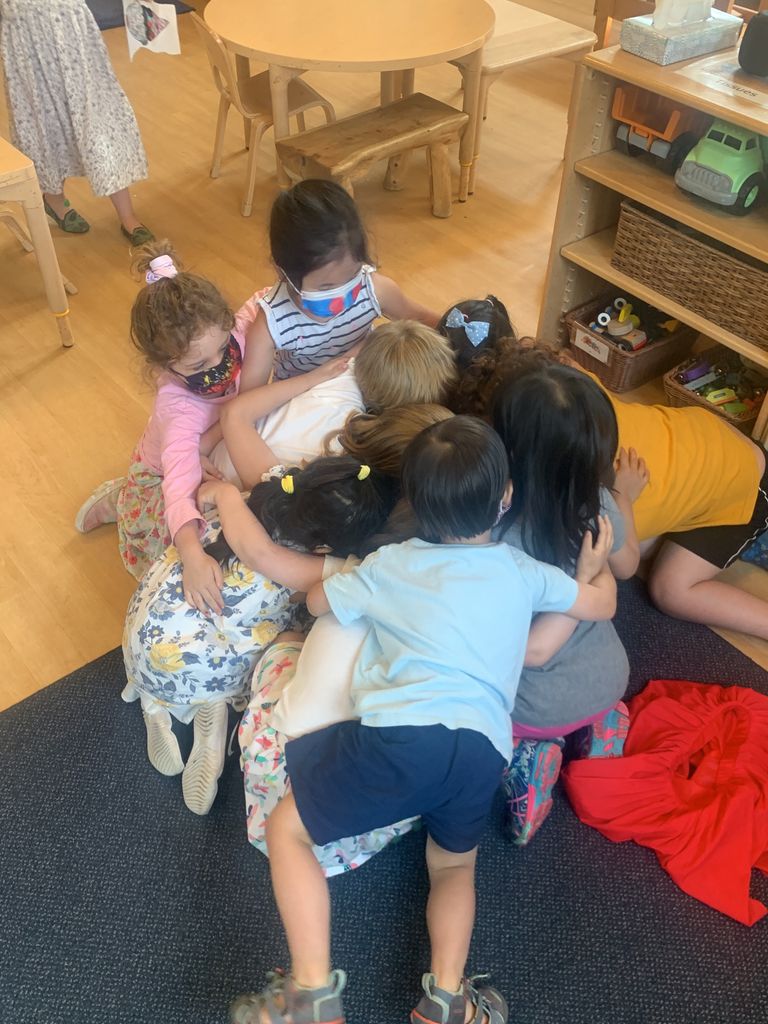
The children help establish rules and codes of conduct. It is common to hear one child reminding another to keep the sand in the sandbox or to hear a child say, "Can I have a turn in five minutes?" The children help with the daily routine of preparing snacks, cleaning different areas of the classrooms, and taking care of their own personal items (such as: lunch box, coat and shoes). We value each child, and work to help each child respect others, broaden empathy, and build healthy relations with others. Children learn that their cooperation is important and necessary for our program to function smoothly. The staff use positive approaches when setting limits, and encourage children to speak to others positively too. We assist children in friendship-making skills and also the skills necessary for group participation (e.g., waiting for one’s turn, listening to others, sharing one's ideas).
Emotional Development
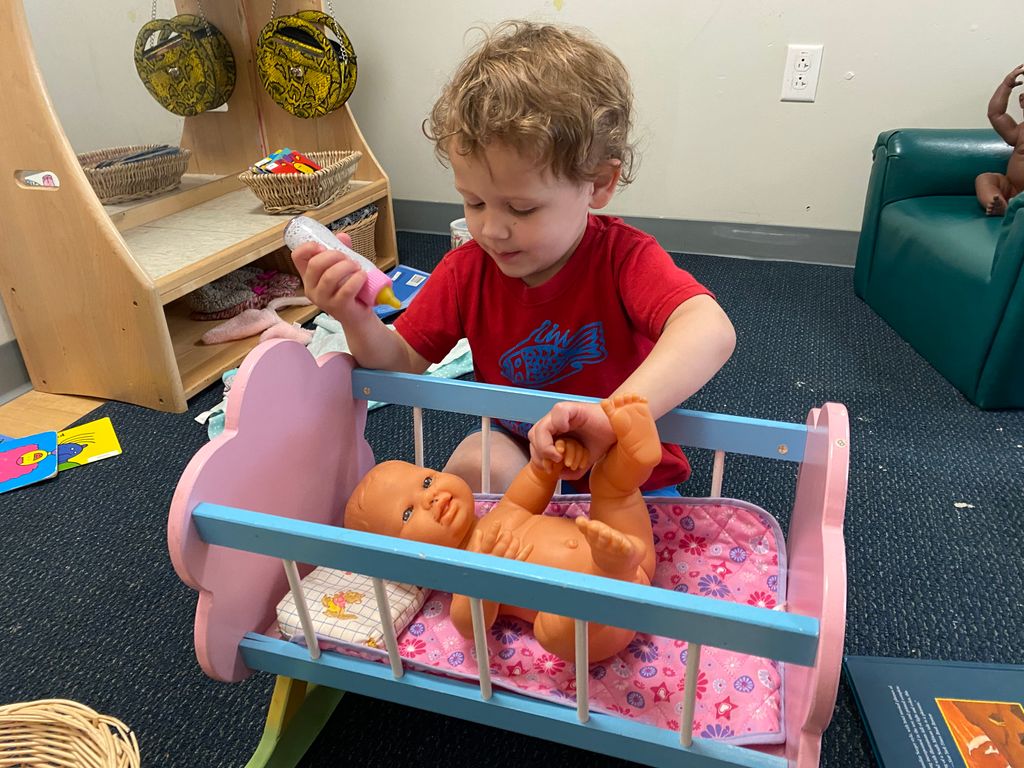 These topics come up in stories that are read, films we might see, or in events that occur. It is very important that parents and Head Teachers speak regularly with each other about a child's emotional well-being. Our program strives to have each child feel important, attached, and positive about himself/herself in relationships.
These topics come up in stories that are read, films we might see, or in events that occur. It is very important that parents and Head Teachers speak regularly with each other about a child's emotional well-being. Our program strives to have each child feel important, attached, and positive about himself/herself in relationships. Linguistic, Mathematical and Creative Expression
We believe that children enjoy learning when the concepts, challenges, and activities presented are developmentally appropriate and fun. Our educational program
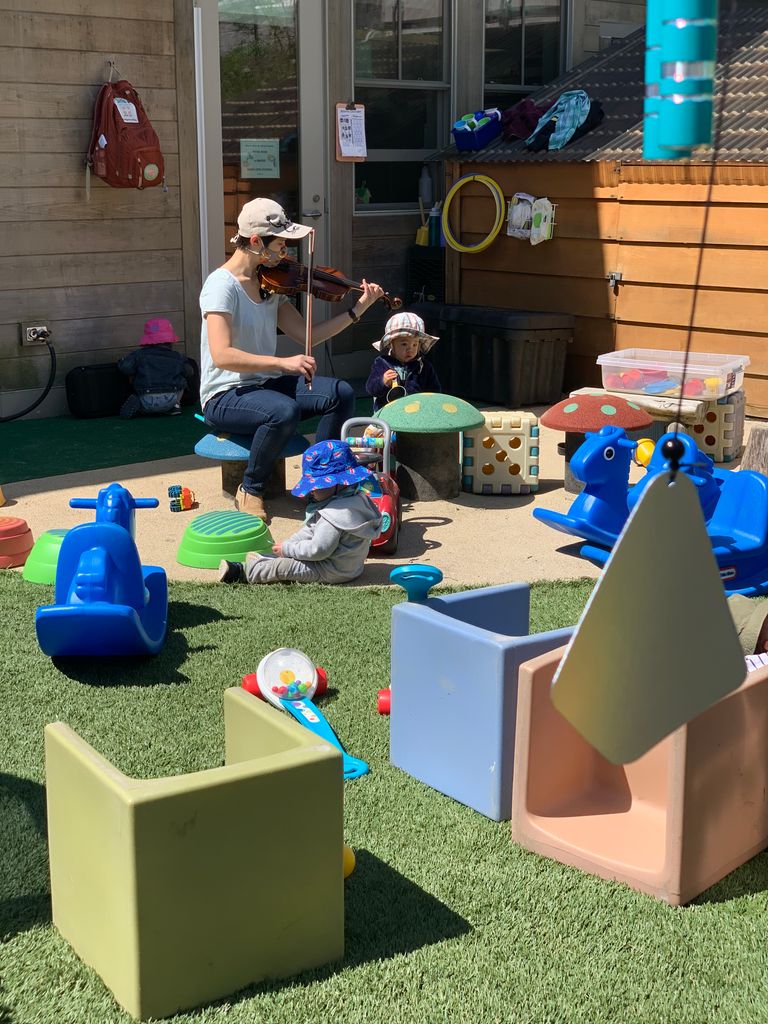 makes use of a wide range of materials to assist children in noticing patterns, and identifying symbols necessary in math and reading. Children dictate or write stories, act out plays, and learn to appreciate the organization of the natural world. Children enjoy working with paints, clay, water and building toys.We have many different kinds of blocks to help children play with geometry and to see patterns and spatial relations and discuss concepts of number and organization. Our teachers nurture children in observing, recording and analyzing as they support skill building for creative expression, sharing ideas, and explaining and ordering the world.
makes use of a wide range of materials to assist children in noticing patterns, and identifying symbols necessary in math and reading. Children dictate or write stories, act out plays, and learn to appreciate the organization of the natural world. Children enjoy working with paints, clay, water and building toys.We have many different kinds of blocks to help children play with geometry and to see patterns and spatial relations and discuss concepts of number and organization. Our teachers nurture children in observing, recording and analyzing as they support skill building for creative expression, sharing ideas, and explaining and ordering the world.Physical Development
In our playground, children are able to run, jump, climb, ride tricycles, swing, play ball games, and dig in the sand. We have access to a large grassy area in front of our school, which we use for sledding, ball games, and larger group activities. When inside children dance, participate in varied movement activities, and many exercises to strengthen their bodies, and sense of balance. 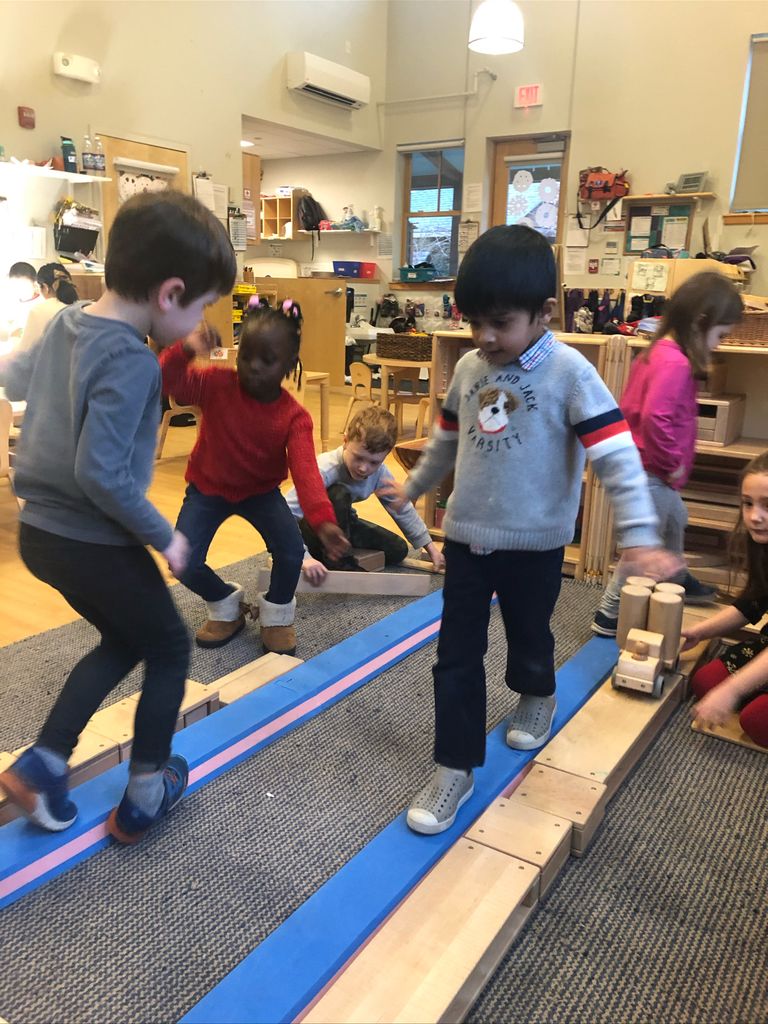 There is a large playhouse inside in the South Room. Children are provided opportunities to draw and to build with small blocks and Lego. We often have creative drama, lots of dramatic play, some yoga and we use gymnastics equipment. We dance and sing every day. Physical competency is essential for positive self-esteem, friendship-making and the effective communication of our work, ideas, and values. In addition, teachers plan activities that help the children strengthen their fine motor skills.
There is a large playhouse inside in the South Room. Children are provided opportunities to draw and to build with small blocks and Lego. We often have creative drama, lots of dramatic play, some yoga and we use gymnastics equipment. We dance and sing every day. Physical competency is essential for positive self-esteem, friendship-making and the effective communication of our work, ideas, and values. In addition, teachers plan activities that help the children strengthen their fine motor skills.
About the Assessment Process
At the beginning of the school year in September, the Explorers and the Thunderbirds spend more time separately sharing information about themselves and their families among their classmates. This is a time to learn the program routines and to develop a group identity. After only a few weeks, Explorers and Thunderbirds may become more involved in activities together. This happens most frequently on the playground. However, children also visit each other's classroom frequently. Children of mixed ages can be seen setting up the playhouse as a "doctor’s office,” reading books together, playing ball, or riding tricycles.
At the end of September (or beginning of October) the Head Teachers meet with parents to share their classroom and curricular plans for the school year. Of course parents share their ideas and expectations with us at this important meeting. We have many other events and times for parents and teachers to meet throughout the school year. A calendar of events is posted under the Current Parent’s section and in each classroom. Once we have established goals and objectives, our teachers record observations of your child’s day into the High Scope Child Observation Record. The program is divided into nine categories. We get help from student teachers, our speech and communications specialist, and our sensory awareness specialist. They will do a screening of your child’s skills sometime during the year (only with your permission; this authorization form is included in the packet of forms that we ask you to return at the beginning of your child’s participation in our program.) If we feel it would be helpful for your child, other specialists may be called upon to help us devise the best educational plan for your child. Sometimes we will suggest the public school’s early childhood specialists in your town do a screening too.
In January or February a progress report generated by the COR and your child’s primary caregiver is given to you for review and discussion at the second formal parent-teacher conference. At the meeting, adjustments will be made based on how your child has responded to our program. In late May or June we will have our third formal parent conference to provide you with an end of the year progress report. There should be no surprises in this report if we have been maintaining communication with you. If your child participates in our summer program, the information gathered during the previous year will be used to better your child’s experience. This also applies to children who will return for the following year.
We are happy to give you a copy of all reports in your child’s personal folder, along with his portfolio upon graduation. You may need this for your child’s next schooling experience, but most importantly, they become memories of a treasured time.
